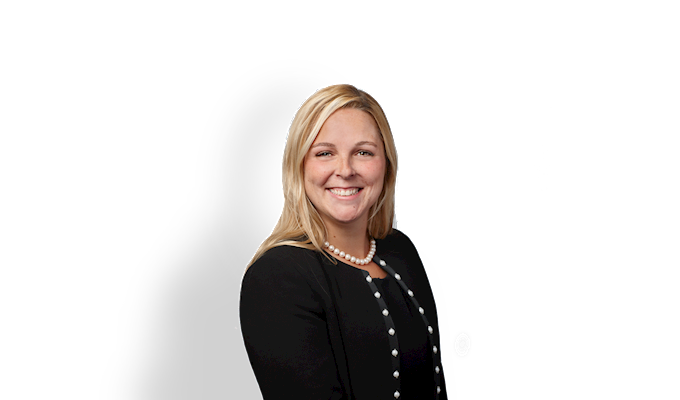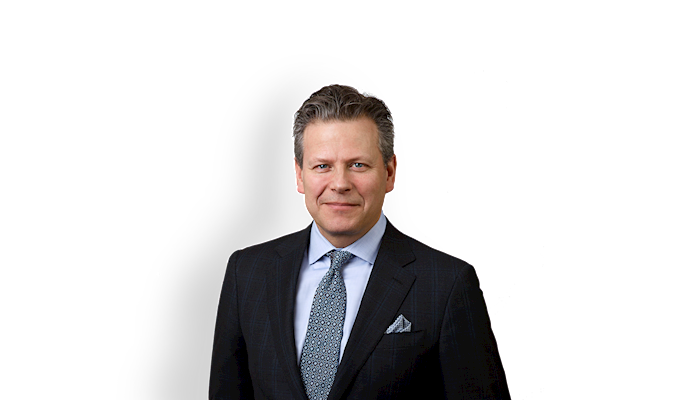As of July 18, 2020, the Government of Québec will implement a new measure making masks or face coverings mandatory in all public places. Here are some essential elements for employers to consider regarding this new measure:
1. To whom does this apply?
As is already the case on public transit, wearing a mask or face covering will be mandatory in enclosed or partially enclosed public places for those aged 12 and up. Wearing a mask or face covering is strongly recommended for children between two and 12 years of age and strongly discouraged for children under the age of two. In addition, people whose particular medical condition (which we believe should be supported by appropriate medical documentation) prevents them from wearing a mask or face covering, including those who are unable to put it on or take it off by themselves should not wear it.
2. What is a public place?
According to the Decree 810-2020[1] made on July 15, 2020, regarding the measures to protect the health of the population amid the COVID-19 pandemic situation, a "public place" means the part of the following places accessible to the public, insofar as it is enclosed or partially covered and is not an accommodation unit.
- retail business, a shopping centre, or a building or room where service enterprise is operated, including a personal care or beauty care enterprise;
- a restaurant or a bar;
- a place of worship;
- a place where activities or services of a cultural or entertainment nature are offered;
- a place where sports are played or recreational activities are carried on;
- a rental hall or other place used to hold events, including conventions and conferences, or to hold receptions;
- a place where municipal or government services are available;
- a common area, including an elevator, of a tourist accommodation establishment;
- a building or room used by an educational institution, excluding an institution providing preschool education services or elementary or secondary school general education instructional services for youth;
- a train or bus station, a ferry terminal, a subway station or an airport; and
- a private health consulting room or office;
Wearing a mask or face covering will therefore be mandatory to access or move around a lobby, reception area or elevator in an office building other than an accommodation unit.
3. Will it be mandatory to wear a face covering at all times while indoors?
Wearing a mask or face covering will be mandatory to enter or move around in the common areas of the above-mentioned locations (entrance hall, reception area or elevator).
However, people in the following situations are not required to wear a mask or face covering:
- people who are receiving treatment, receiving a service or engaging in a physical activity or other activity that requires it to be removed. In these cases, they may remove their mask or face covering for the duration of the treatment, service or activity only;
- people who remove their mask or face covering momentarily for identification purposes;
- people who work or practice their profession in a place accessible to the public, except when they are in a lobby, reception area or elevator of an office building other than an accommodation unit. These people remain subject to the specific rules applicable to them in terms of health and safety at work with respect to wearing a mask or face covering.
- people who are seated and maintain a two metre distance in the following places (they must put their mask or face covering back on when moving around in these locations):
- in the classrooms of an educational institution,
- in a place where activities or services of a cultural or entertainment nature are offered;in a restaurant, a food court or a bar;
- in another enclosed or partially enclosed place accessible to the public where people can be seated.
For example, you can remove your mask in a restaurant once you are seated at a table with members of your household. In our opinion, masks or face coverings can also be removed in an office, once an employee is at their desk, except when the minimum distance of two metres cannot be respected.
4. Are my employees required to wear a mask or face covering when they are performing their duties?
The Commission des normes, de l'équité, de la santé et de la sécurité du travail (CNESST) provided specific measures for employees which are described in its guidelines for each business sector. The Decree 810-2020 specifies that employees remain subject to the rules applicable to them in terms of occupational health and safety when they are not in common areas of their building (entrance hall, reception area or elevators). Therefore, the measures provided for by the CNESST are the only measures that apply in the workplace except when employees are passing through common areas of their office building (lobbies, reception areas, elevators, toilets, eating areas, etc.). Therefore, if your employees were not required to wear a mask or a face covering before the introduction of this new directive, the new government mandate will not affect the employees, except in the common areas of the office building.
5. Can wearing a face shield replace wearing a mask or face covering?
According to the National Institute of Public Health, employees may, in certain circumstances, as a last resort, wear a face shield instead of a face covering or a mask to protect their safety when, for example, the face covering or mask fogs the wearer's glasses.
If an employee wears a face shield, it must be kept in a protective position and not raised. The shield cannot, however, replace the procedural face mask when it is required.
6. Who will take action if a visitor refuses to wear a face covering?
The establishment will have to refuse access to visitors who refuse to wear a face mask or covering.
The Commission des normes, de l'équité,de la santé et de la sécurité du travail (CNESST) may fine establishments that allow visitors who do not comply with this measure. For the time being, non-compliant individuals will not be fined, but this is expected to change effective August.
7. What are the possible fines?
Fines for establishments range from $400 to $6,000, which are consistent with fines for violations under the Public Health Act.
8. Are establishments required to provide face coverings to customers or visitors?
There is no requirement as of yet for establishments to provide masks or face coverings to clients or visitors. However, we recommend making them available to prevent potential conflicts at the door.
9. Will my employees who work in a section of the establishment not open to the public have to wear masks?
No, except for circulating in common areas of the office building.
10. As an employer, will I have to provide face coverings to my employees working in an enclosed or partially enclosed public part of the establishment?
Yes, if they need to pass through common areas to get to their workstation or office (such as an elevator or the lobby). Public Health authorities have made masks and face coverings mandatory, and employers must provide this personal protective equipment to employees in respect to the Act Respecting Occupational Health and Safety.
11. Under the health directives issued by the CNESST, my employees were already required to wear a procedural mask. Will they now be able to insist on wearing only a face covering?
No. Employees may not substitute their procedural mask for a face covering in circumstances where the procedural mask is required by CNESST, since the procedural mask offers greater protection. If a substitution were to be made, Health Canada or another government authority would have to certify that such a face covering offers the same guarantees of protection as a procedural mask.
12. Does this new measure replace asking questions at the entrance of the establishment to exclude clients who are symptomatic or at risk of contracting COVID-19?
No. This measure is complementary to other measures recommended by Public Health authorities, including hand-washing, respiratory hygiene, physical distancing and keeping those who are potentially sick out of workplaces and public places.



